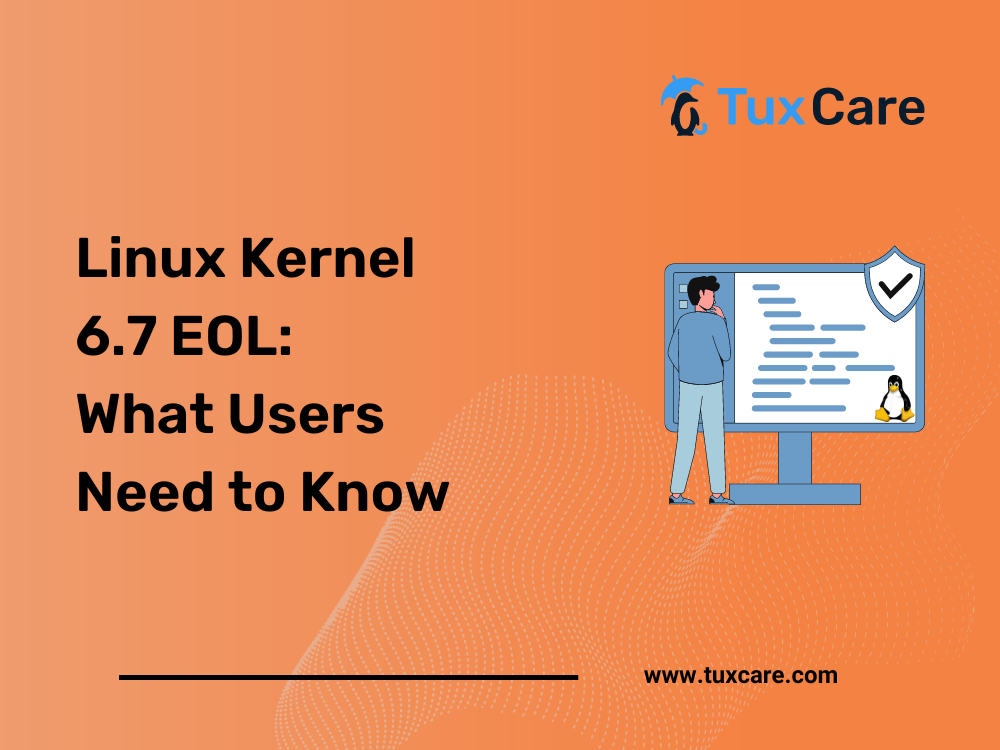Linux Kernel 6.7 EOL: What Users Need to Know
On April 3, 2024, the Linux kernel maintainer Greg Kroah-Hartman announced the last 6.7.12 kernel version and end of life (EOL) for the Linux kernel 6.7 series. All users are encouraged to upgrade to the latest Linux kernel 6.8 immediately. Linux kernel 6.7 was initially released on January 7, 2024, introducing several new features and improvements. However, after just twelve maintenance updates, the Linux 6.7 series has reached its end of life. This means that Linux kernel 6.7 will no longer receive official support, including bug fixes or security updates.
Linux Kernel 6.7 EOL: Shift to Linux Kernel 6.8
Those currently utilizing Linux kernel 6.7 are strongly advised to upgrade to the latest Linux 6.8 releases without delay. A recent update, version 6.8.3, introduced numerous changes and is highly recommended for improved system stability and security. Most distributions will provide this update in their repositories soon.
Popular distributions like Arch Linux and openSUSE Tumbleweed already leverage kernel 6.8, and it is slated to be the default kernel in upcoming releases such as Fedora Linux 40 and Ubuntu 24.04 LTS.
While feature-rich, Linux kernel 6.8 will only be supported for a few months. Users seeking long-term stability should consider switching to a Long-Term Support (LTS) kernel series. Currently, the latest LTS version is Linux kernel 6.6, which will be supported until December 2026.
Securing Linux Kernel with Live Patching
The conventional patching method often involves a reboot, leading to a downtime or service disruption. So, it becomes impractical for mission-critical systems that cannot afford to go offline for even a small amount of time. However, the live patching approach eliminates the need to reboot. TuxCare offers KernelCare Enterprise, a live kernel patching solution, that applies security patches to the running kernel without having to reboot the system. Additionally, security patches are applied automatically without human intervention. KernelCare supports all major Linux distributions, including Ubuntu, Debian, RHEL, CentOS, AlmaLinux, Rocky Linux, CloudLinux, Amazon Linux, and more.
Send patching-related questions to a TuxCare security expert to learn about modernizing your Linux patching approach.
Conclusion
With the Linux kernel 6.7 EOL announcement, users are urged to upgrade to the Linux kernel 6.8 series as soon as possible. By upgrading to a supported kernel version, you ensure your system remains secure and benefits from the latest performance optimizations. Even if you’re on the supported version, staying updated is crucial.
The sources for this article include a story from 9to5Linux.



 Documentation
Documentation Login
Login




